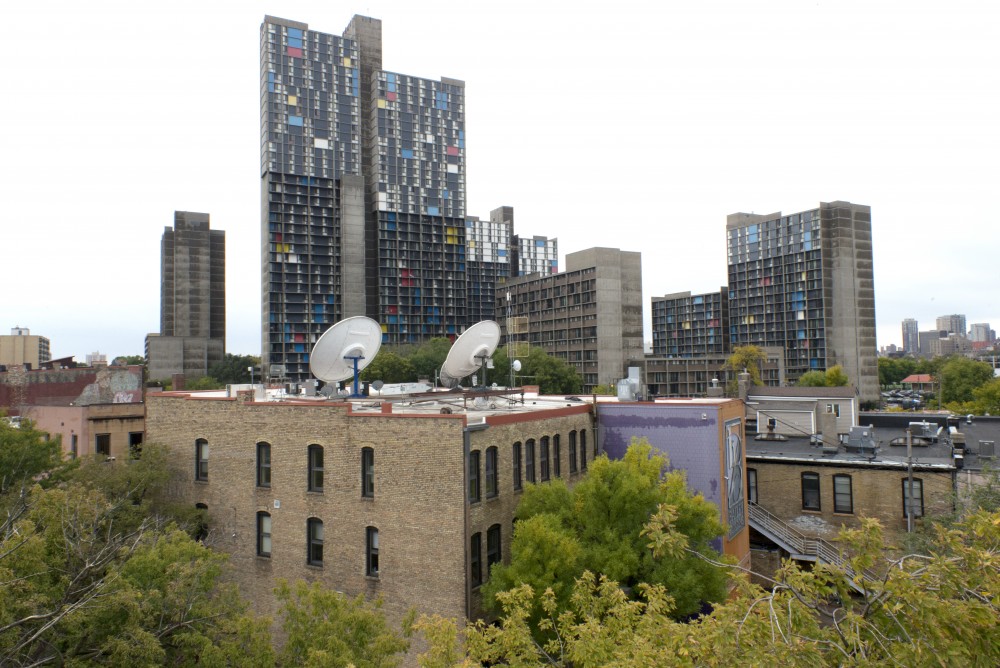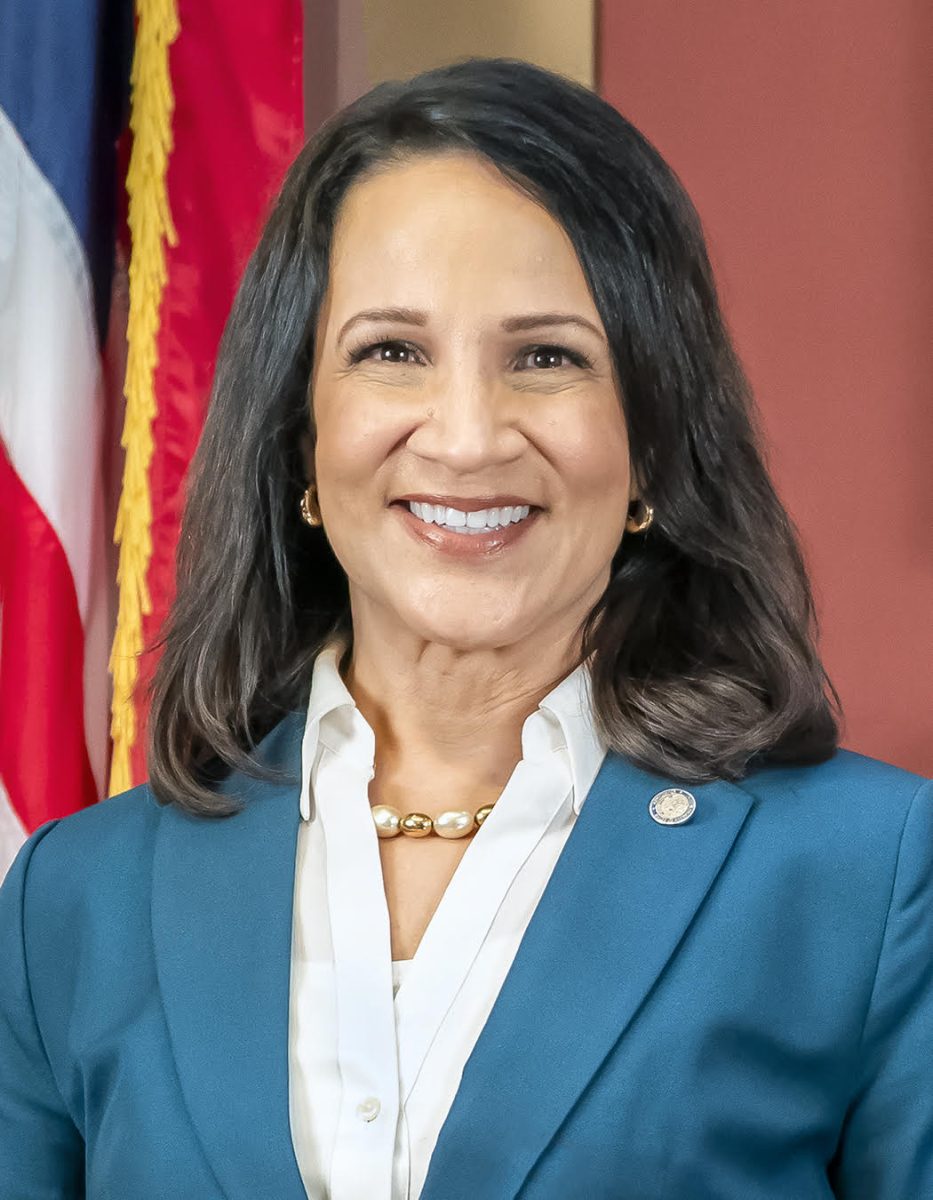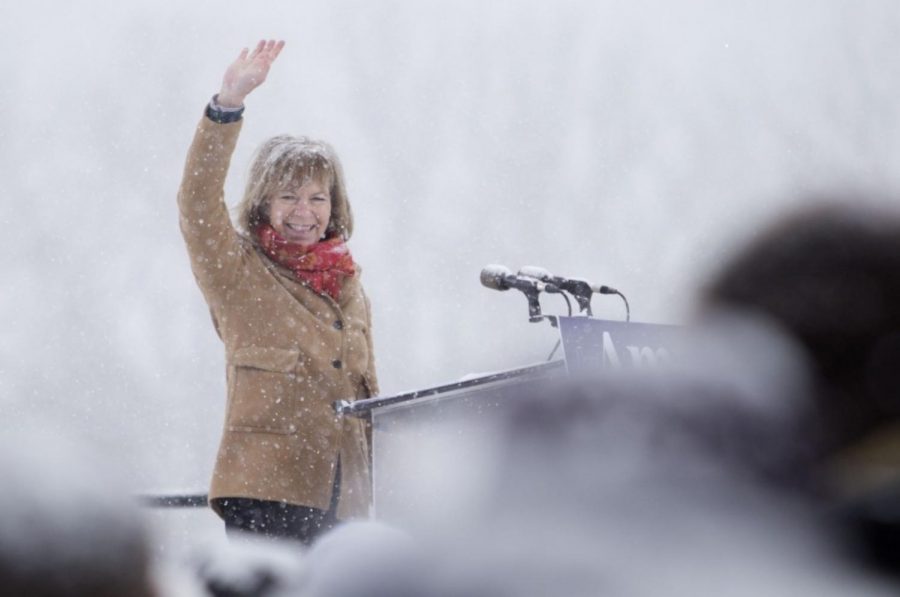As the mayor’s recommended 2020 budget nears adoption by the Minneapolis City Council next week, officials weighed one aspect of it with community members Thursday night.
The University of Minnesota’s Urban Research and Outreach-Engagement Center hosted an event to discuss the “cultural districts” initiative in Minneapolis Mayor Jacob Frey’s 2020 proposed budget. The initiative aims to invest in six communities citywide through funding for public works projects and local businesses.
The “Economic Inclusion and the Promise of Cultural Districts” event was the latest of UROC’s Critical Conversations series, where various community leaders, historians, scholars and activists gather to discuss urban-focused issues and research.
Makeda Zulu-Gillespie, UROC’s executive director, said her goal and the role of UROC is to gather people to have those conversations.
“What I’ve always believed is that there is a lot of information when you pool people together,” Zulu-Gillespie said. “I think the answer is in the community.”
Presenters at the event included Frey, Ward 5 City Council member Jeremiah Ellison, and C Terrence Anderson, director of community-based research for the University’s Center for Urban and Regional Affairs. In his presentation, Anderson said the City’s history of racial discrimination in housing policies led to the disparities in those communities today.
“Sometimes folks think that inequities just happen,” Anderson said. “If you’ve done things in history, if you’ve [passed] deliberate policies to disinvest in people, then there’s going to be a causal effect.”
The cultural districts are an effort to reverse those effects of racism and xenophobia, and boost economic inclusion. The six proposed districts are the Cedar-Riverside neighborhood, East Lake Street, along 38th Street, Franklin Avenue, Central Avenue in northeast Minneapolis, and West Broadway Avenue in North Minneapolis.
The proposed budget allocates more than $1 million for the districts that would go toward trash pick up, improved lighting, facade improvements of local buildings and investment in local arts.
The budget also includes $2.5 million for a commercial property redevelopment fund, which would provide residents with no-interest loans to encourage business ownership and prevent local business displacement.
“That’s tangible dollars,” Shauen Pearce, economic development and inclusion policy director in Frey’s office, told community members at the event. “Not for signs, not for placards but for actual ownership … for redesigning our community for us, by us.”
Following a Wednesday public hearing, Council members approved edits to the budget on Friday. The proposed budget will then go before the Council for a final vote on Dec. 11.
“When we are hopefully the first city to really do this right, where we have people able to stay in place and benefit from the investments that are there, then I think we’ll look back to this time where we started off the conversations here,” Frey said at the event.








